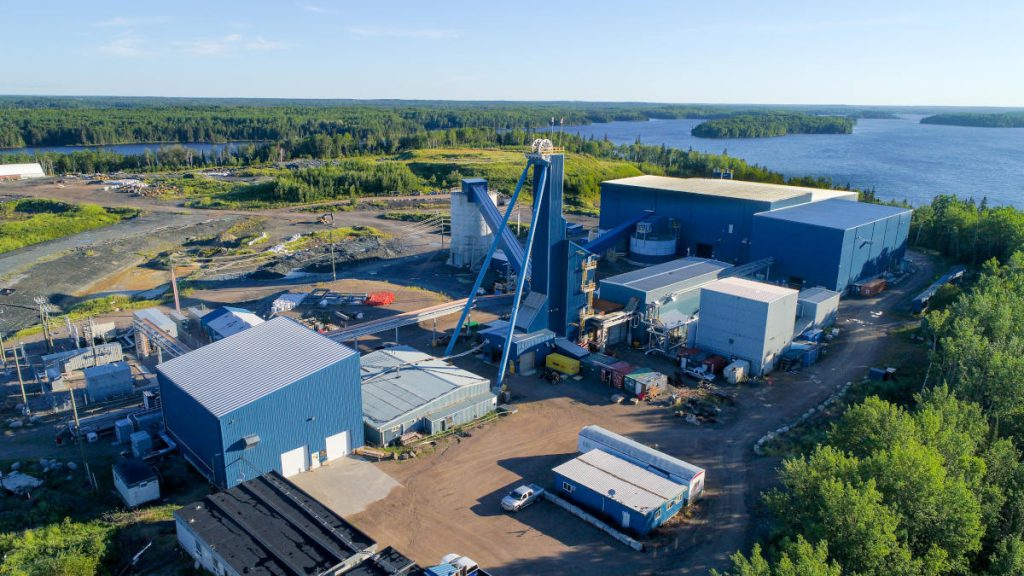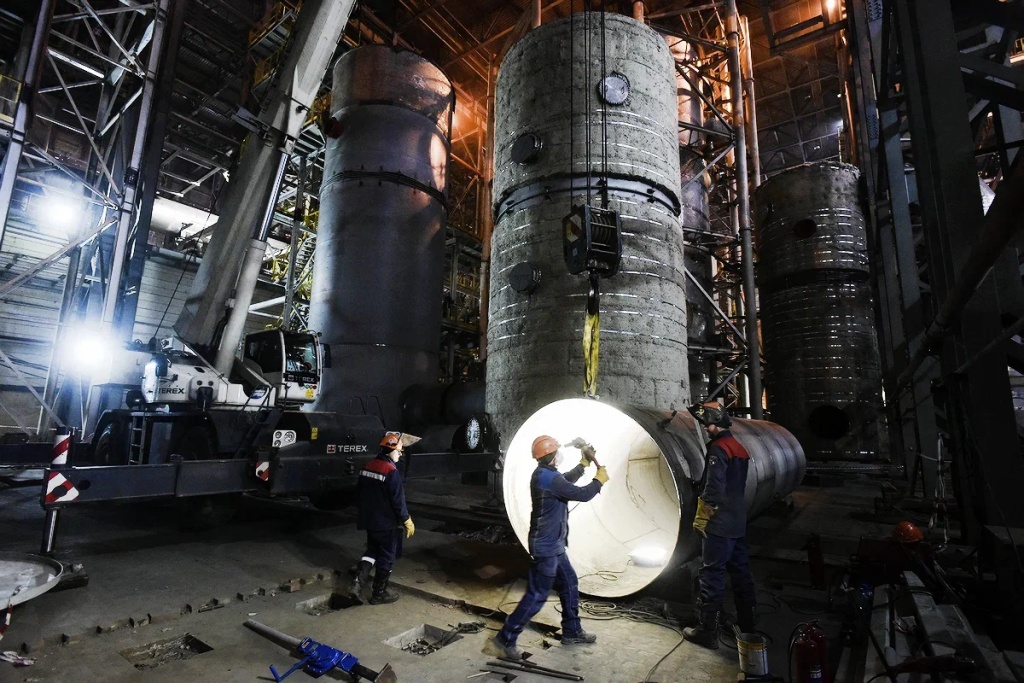Evolution to acquire Battle North in $274m all-cash deal

Australia-based producer Evolution Mining (ASX: EVN) is acquiring Red Lake-focused gold developer Battle North Gold (TSX: BNAU) in a C$343-million ($274m), C$2.65 a share, all-cash deal. The two companies have entered into a definitive arrangement agreement with Evolution to acquire all of the Battle North shares outstanding.
The C$343-million cash offer represents a 46% premium to Battle North’s last close and a 54% premium to the company’s 20-day weighted average price.
According to Battle North president and CEO George Ogilvie, the offer from Evolution offers a premium to shareholders with synergies expected from the combination of Battle North’s Bateman and Evolutions’ Red Lake complex in the Ontario mining district.
In Canada, Evolution is working to ramp up production from its Red Lake asset to the 300,000 to 500,000 oz. per year
“The all-cash offer is at a significant premium to market and reflects the extraordinary efforts of the Battle North team to create value at the Bateman gold project and ultimately deliver an outstanding outcome for Battle North’s shareholders,” Ogilvie said.
“We believe that there are unique and undeniable merits to combining the Red Lake assets of Battle North and Evolution and this transaction reduces development and execution risk.”
The Australian miner made its entry into Canada with the 2019 $375-million purchase of Newmont’s (TSX: NGT; NYSE: NEM) Red Lake complex, with an additional $100 million of payments contingent on resource growth.
Jake Klein, Evolution’s executive chair added that this combination of assets is expected to accelerate the company’s plans to grow its production in the region.
“This acquisition provides Evolution with an opportunity to expand our footprint in the region and create value by leveraging the infrastructure of the two operations,” said Klein. “The additional processing capacity from the new Bateman mill will also accelerate our ability to achieve our objective of producing in excess of 300,000 ounces of gold per annum from Red Lake.”
The Bateman project includes an 1,800 t/d mill that is permitted for throughputs of 1,250 t/d and expandable to 2,500 t/d with “minimal capital,” based on the release. A 2020 feasibility study defined an 8-year, 1,315 t/d underground mine at the site producing an average of 79,308 gold oz. annually, at all-in sustaining costs of $865 per oz., with an initial capital estimate of C$109.3 million. In February, Battle North approved construction of the project and guided for commercial production by the end of 2022.
In a research note, Andrew Mikitchook (who covers Battle North) and Brian Quast (covering Evolution) of BMO Capital Markets view “the transaction as positive for both parties as Battle North provides profit for its shareholders, and Evolution expands its presence in the Red Lake area.”
The analysts note that Battle North’s C$704-million of tax loss pools (transferable within Ontario) could attract a competing offer “from an established Ontario miner” but, with the Red Lake-area synergies, consider this to be an unlikely scenario.
The transaction needs to be approved by Battle North shareholders at a meeting that is expected to be held in May. Officers and directors, who hold approximately 0.6% of the Battle North shares, have entered into voting support agreements with Evolution to vote in favour of the deal.
The producer also has the right to match any superior proposal, with a C$14.8-million termination fee payable if the agreement is terminated. Battle North has also agreed to pay Evolution C$2 million if the agreement is terminated due to a shortfall in shareholder approval.
Evolution expects to find the deal with its current cash balance and available credit; no shareholder vote is required.
While this transaction needs to be approved by the Supreme Court of British Columbia, (it would be implemented under a statutory plan of arrangement under the province’s Business Corporations Act), there are no regulatory approvals required.
Closing is expected in the second quarter of 2021.
In Canada, Evolution is working to ramp up production from its Red Lake asset to the 300,000 to 500,000 oz. per year level with a shorter-term goal of 200,000 oz. annually at all-in sustaining costs of less than $1,000 per oz. by 2023.
(This article first appeared in the Canadian Mining Journal)
{{ commodity.name }}
{{ post.title }}
{{ post.date }}




Comments